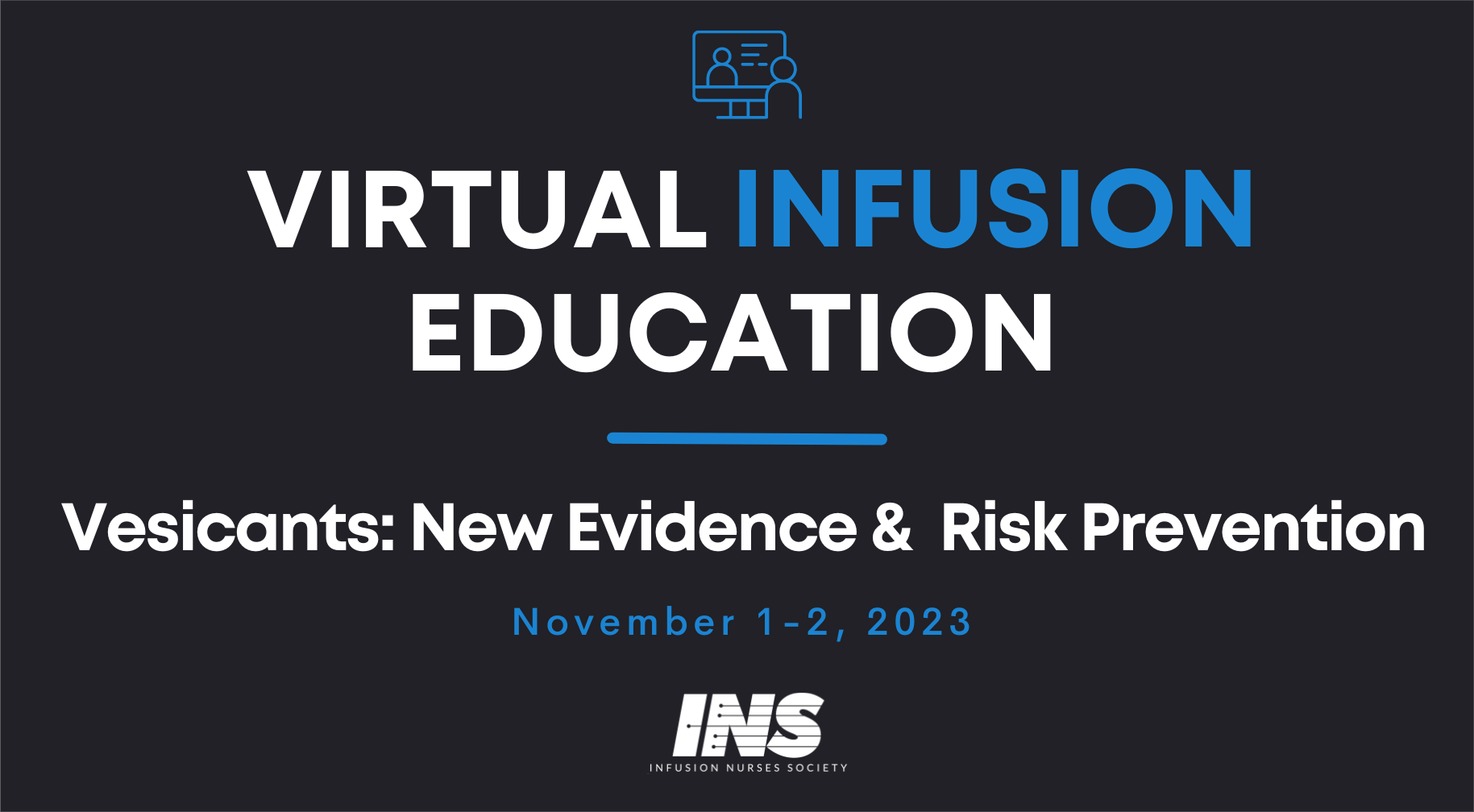
Learning Center
Malpractice and Extravasation
Extravasation may result in severe patient injuries including scarring, permanent functional impairment, lifelong or chronic pain syndromes, and even loss of limb. Extravasation injuries require treatment, hospitalizations may be prolonged, or patients may be readmitted due to the need for further interventions. Extravasations may also result in allegations of malpractice. In this session, actual malpractice cases will be described focusing on breaches in the standard of care and exploring how infusion nurses can promote best, evidence-based practice in extravasation prevention.
Learning Objectives: At the conclusion of this session, learners will be able to:
1. Define malpractice.
2. Analyze failures in care that led to extravasations and actual lawsuits.
3. Discuss the infusion nurse role in promoting best practices for extravasation prevention.

Lisa Gorski, MS, RN, HHCNS-BC, CRNI®, FAAN
Lisa Gorski, MS, RN, HHCNS-BC, CRNI®, FAAN, has worked for more than 35 years as a clinical nurse specialist (CNS) and educator for Wheaton Franciscan Home Health and Hospice, which is now Ascension at Home. As a CNS, she developed a home infusion therapy program in collaboration with the pharmacy and continues to provide infusion-related education for home care nurses as well as direct patient care. Ms Gorski received both her bachelor’s and master’s degrees from the University of Wisconsin-Milwaukee College of Nursing. She is the author of several books and more than 7 book chapters and journal articles. She is an INS past president (2007-2008), past Chair of the Infusion Nurses Certification Corporation (INCC) Board of Directors and has served as the chair of the INS Standards of Practice Committee for the 2011, 2016, and 2021 editions and Co-Chair for the 2024 Standards. Ms Gorski was also the Chair for the 2017 and 2024 INS Vesicant Task Force. She was inducted as a fellow into the American Academy of Nursing in 2006, named the CRNI® of the year by INCC, and named 2011 CNS of the Year by the National Association of Clinical Nurse Specialists. Ms Gorski speaks nationally and internationally on standards development, infusion therapy/vascular access, and home health care. Over the years, she has addressed the Standards in multiple presentations in the US, China, Europe, and Middle Eastern African and Latin American countries.
